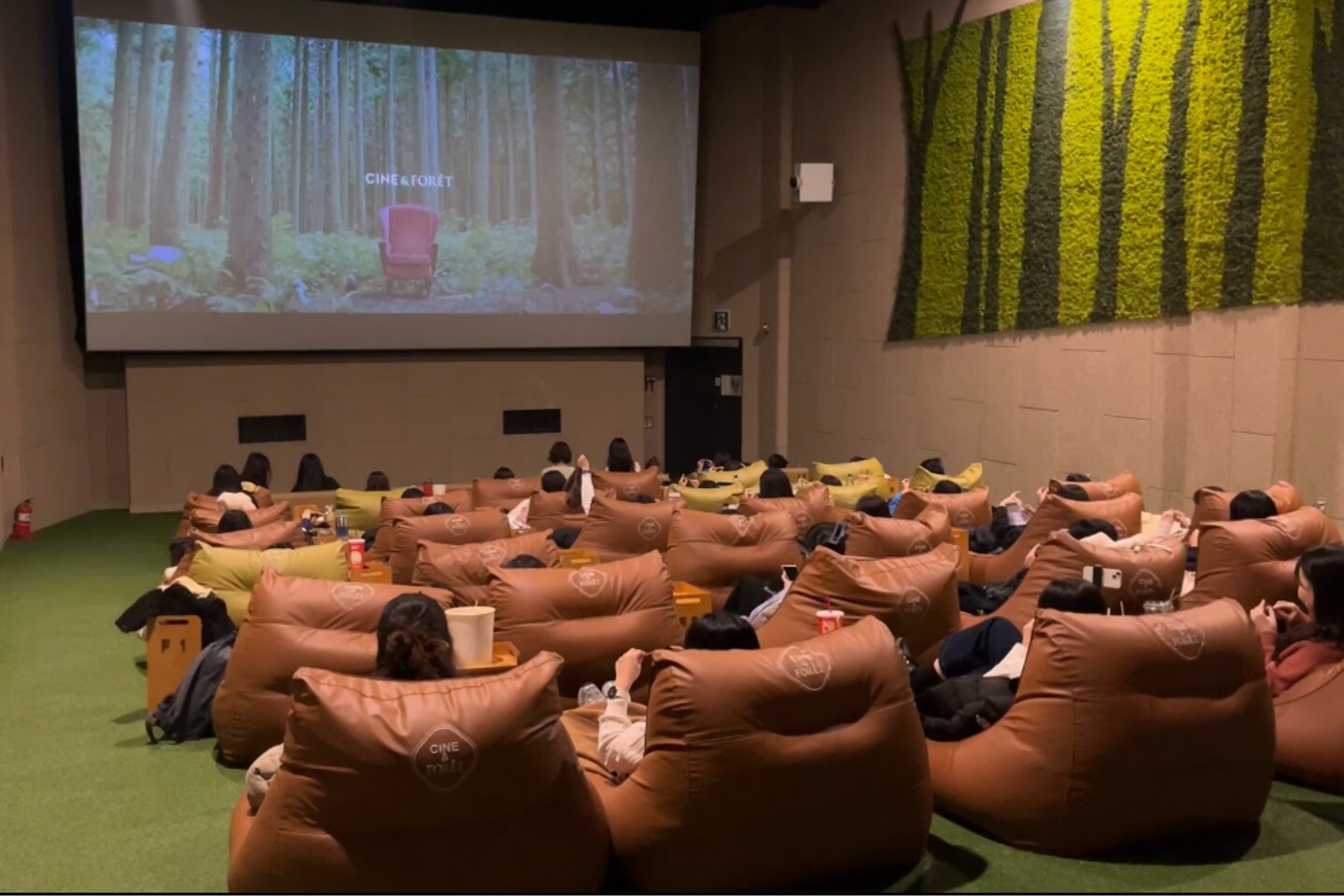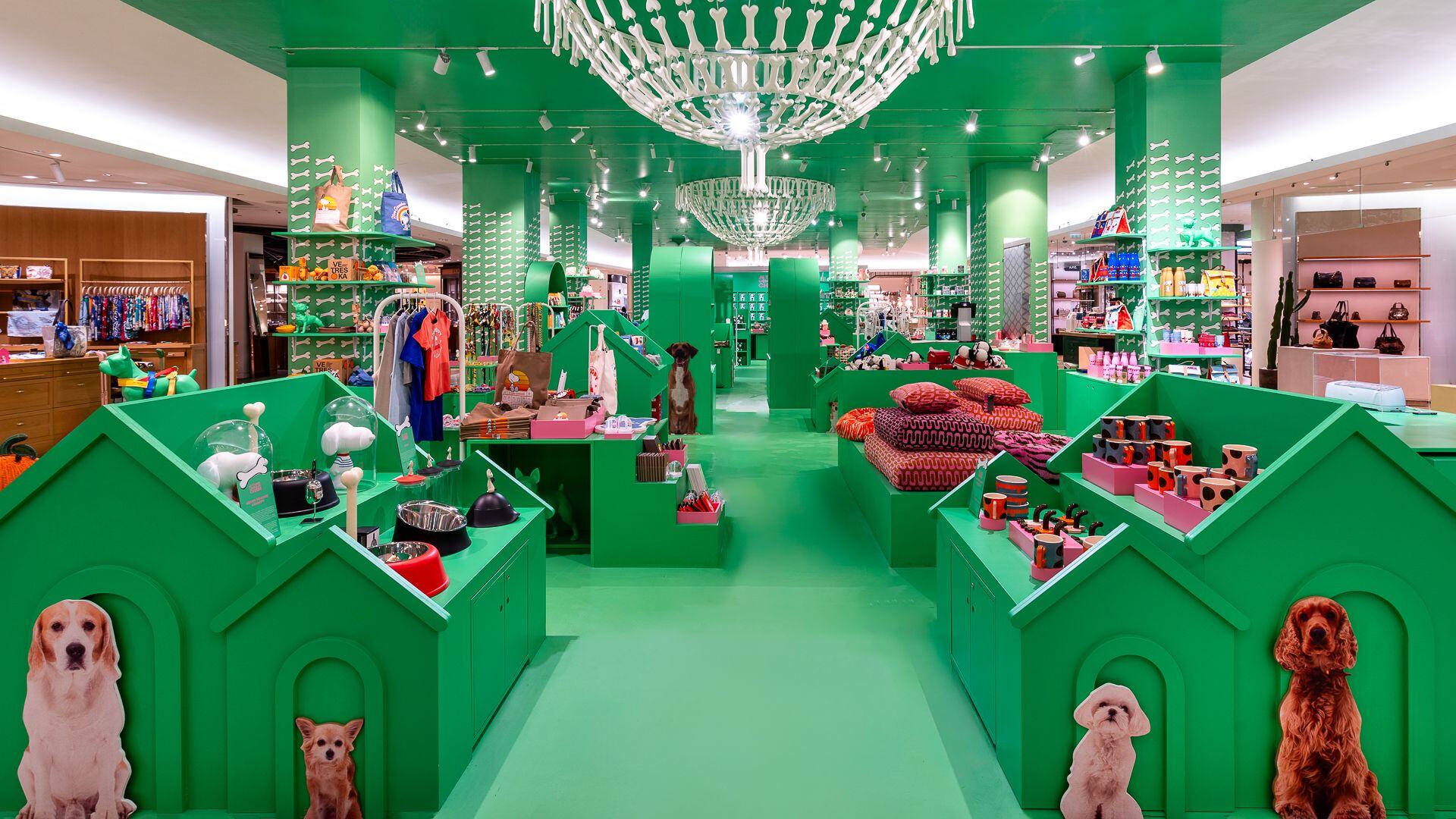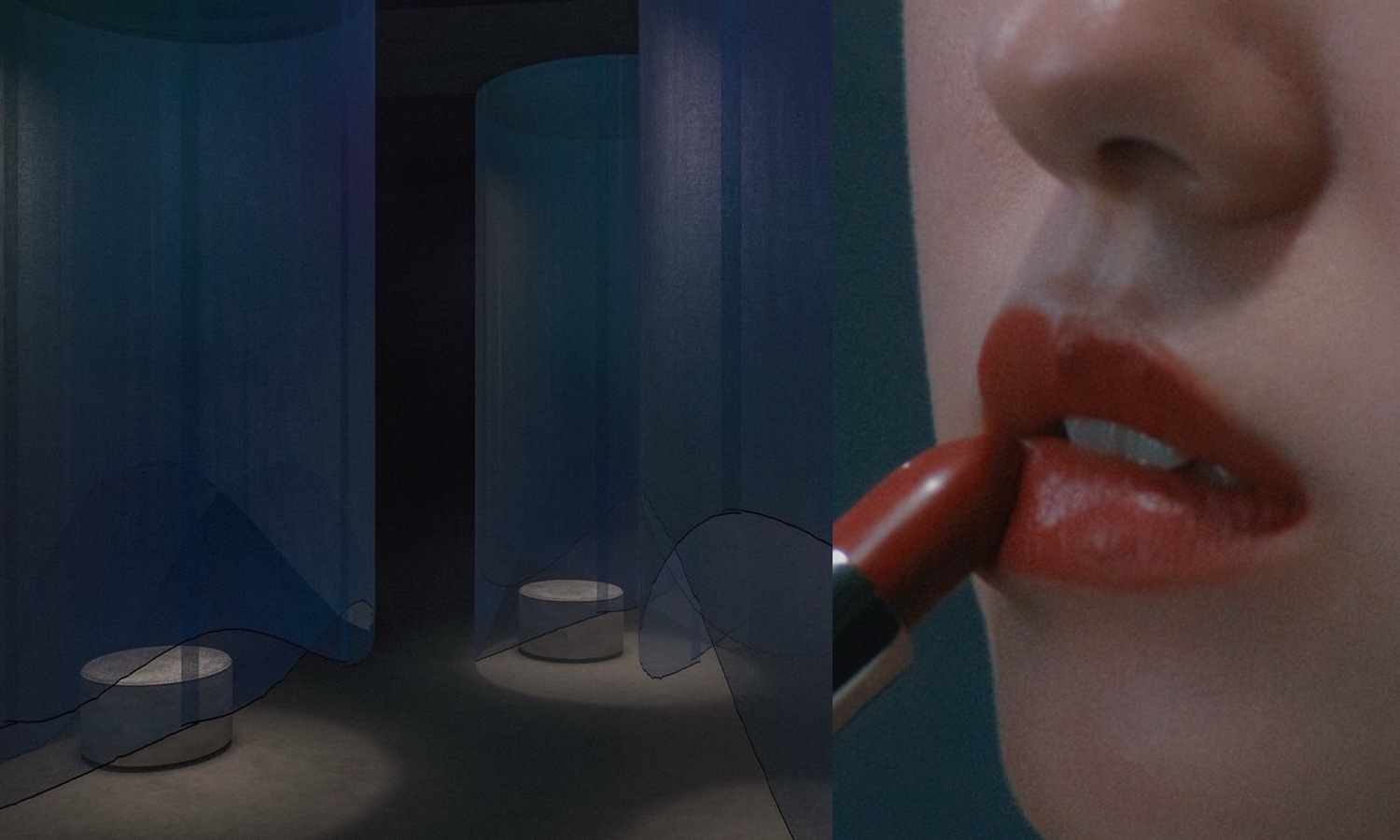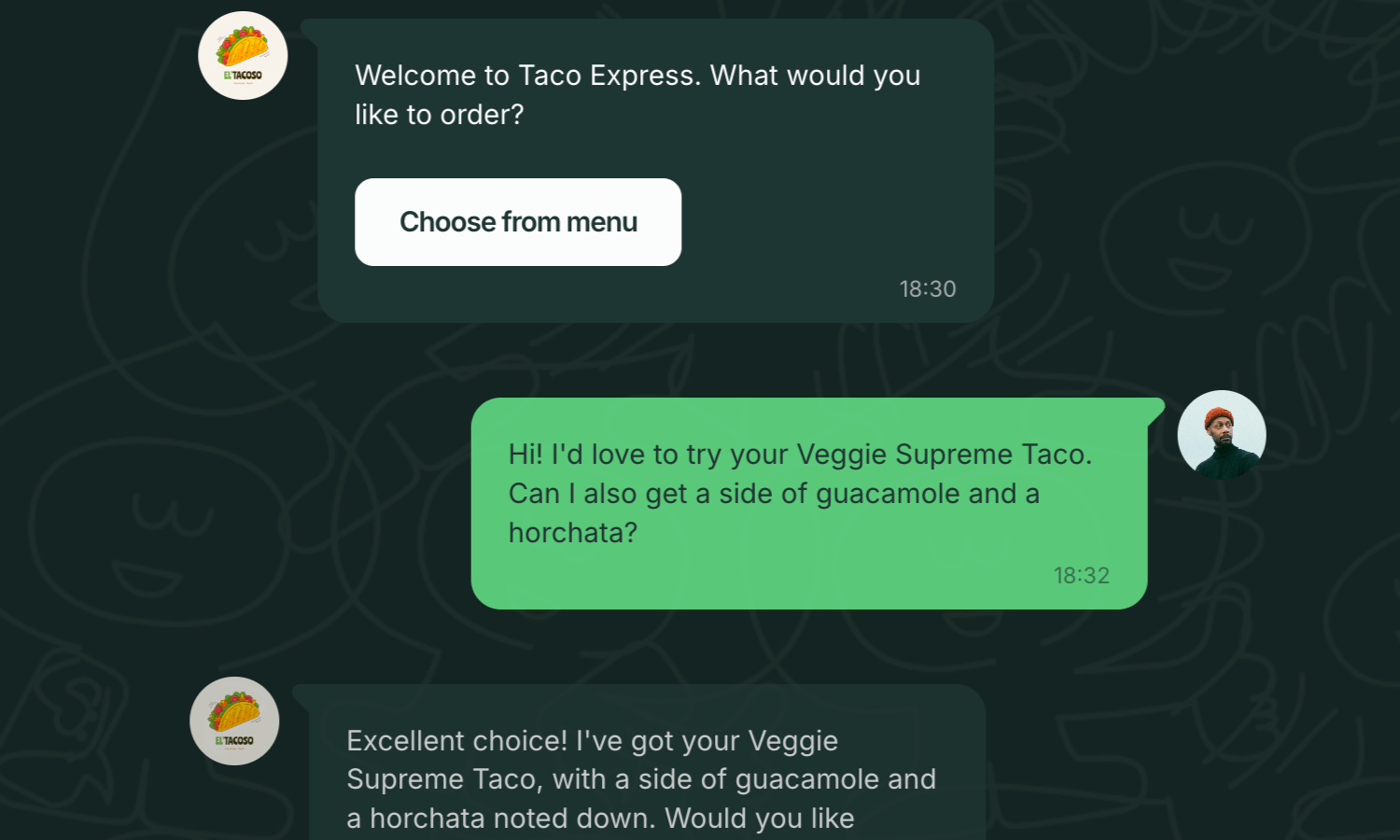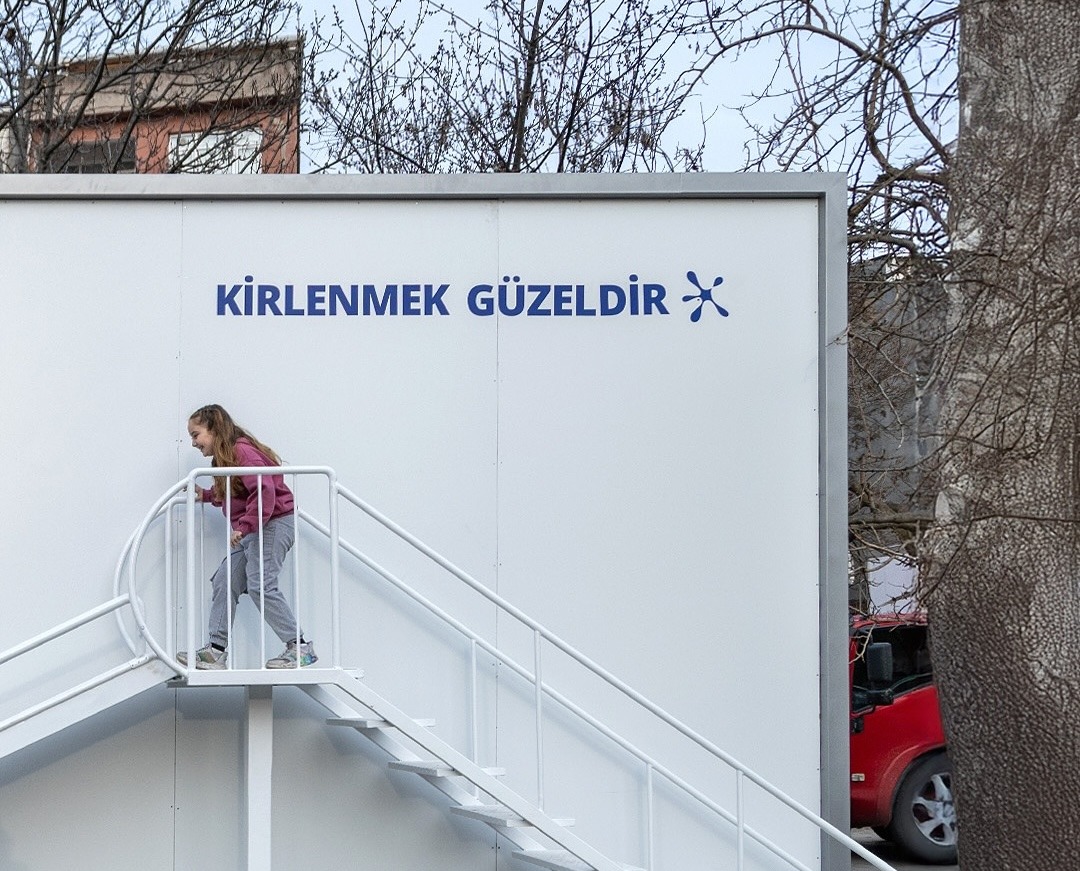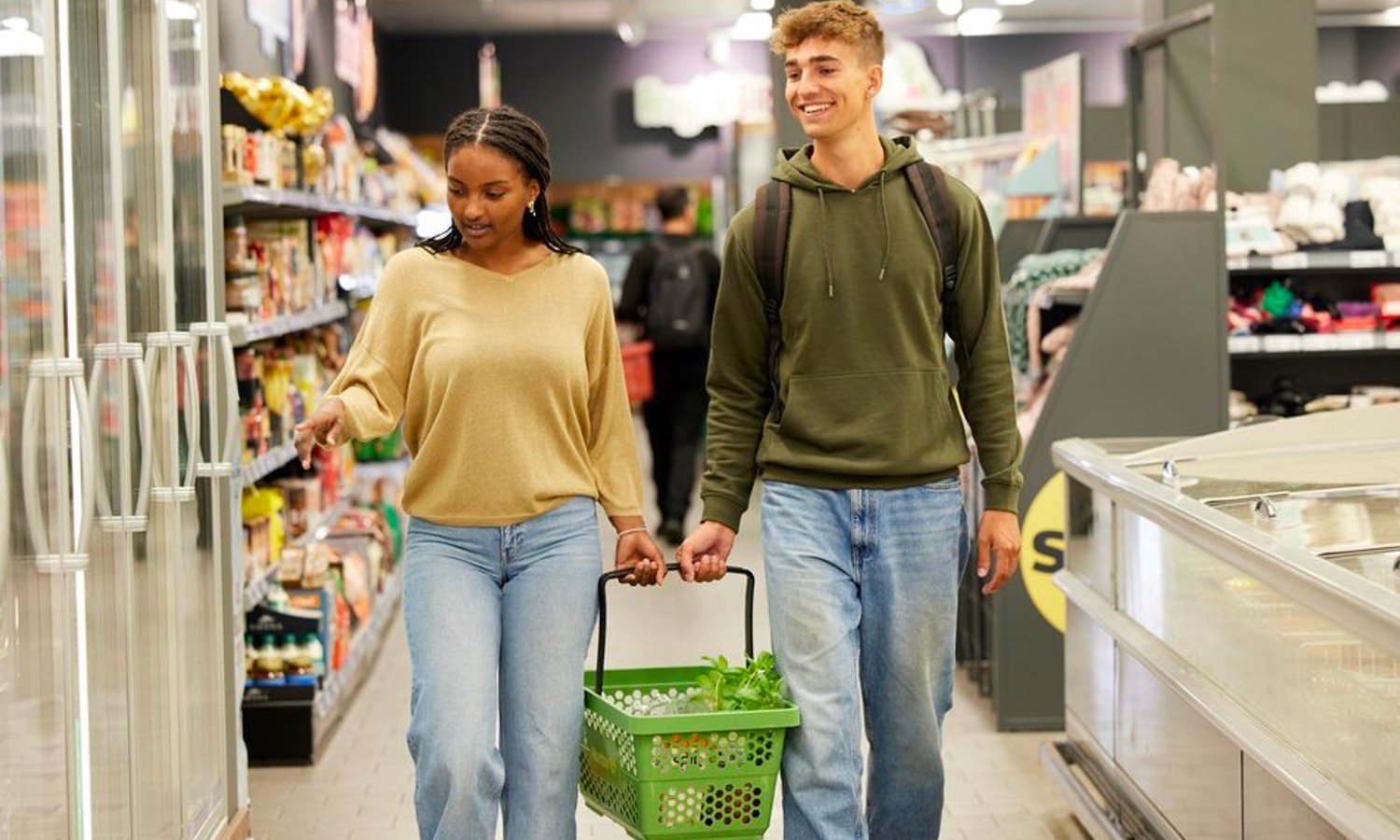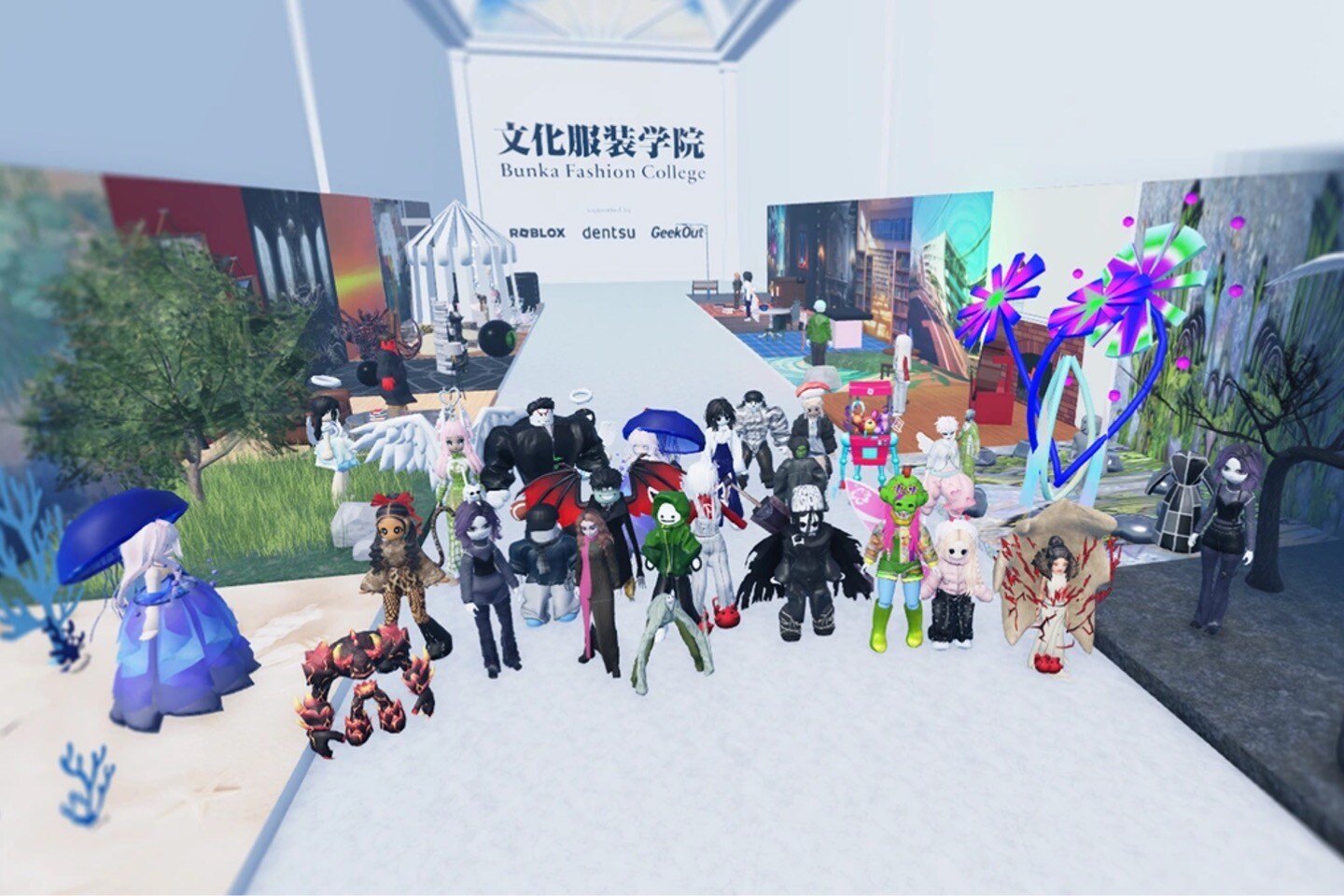South Korean movie theater chain CGV is introducing monthly knitting screenings, allowing audiences to knit while watching films. The initiative follows a sold-out pilot event in January, where the theater screened Little Forest with adjusted lighting to accommodate knitters. Encouraged by positive feedback, CGV has scheduled these screenings for the last Thursday of each month and expanded it to 10 theaters nationwide, including five outside Seoul. By transforming knitting from a solitary hobby into a shared experience, CGV aims to revitalize theater-going and attract a more diverse audience.
Five years after the onset of COVID-19, cinema audience behaviors have permanently changed and movie theaters are still struggling to recover. Streaming has reshaped viewing habits, and some films are now skipping the box office entirely. Meanwhile, the film industry's overreliance on franchises and reboots has left audiences disengaged — fewer films feel truly made for the big screen, and most viewers now reserve theater visits for major blockbusters. What was once a casual outing has become an event-based experience.
To compete with the cost savings, convenience and comforts of at-home streaming, theaters must offer value compelling enough to break consumer inertia. CGV is leaning into novelty and community. By tapping into the rising popularity of knitting, the company allows consumers to enjoy their passion point in a new way while repositioning the movie-going experience. Prior to CGV's initiative, similar knitting screenings had been held by Leica Cinema in South Korea, as well as other movie theaters in Austria and Sweden.
Beyond the movie industry, there's a lesson here for all brands around adapting to stay relevant amidst shifting consumer preferences. How can your brand continue to reshape its offerings around existing consumer habits, rather than forcing audiences to fit into your existing services?

